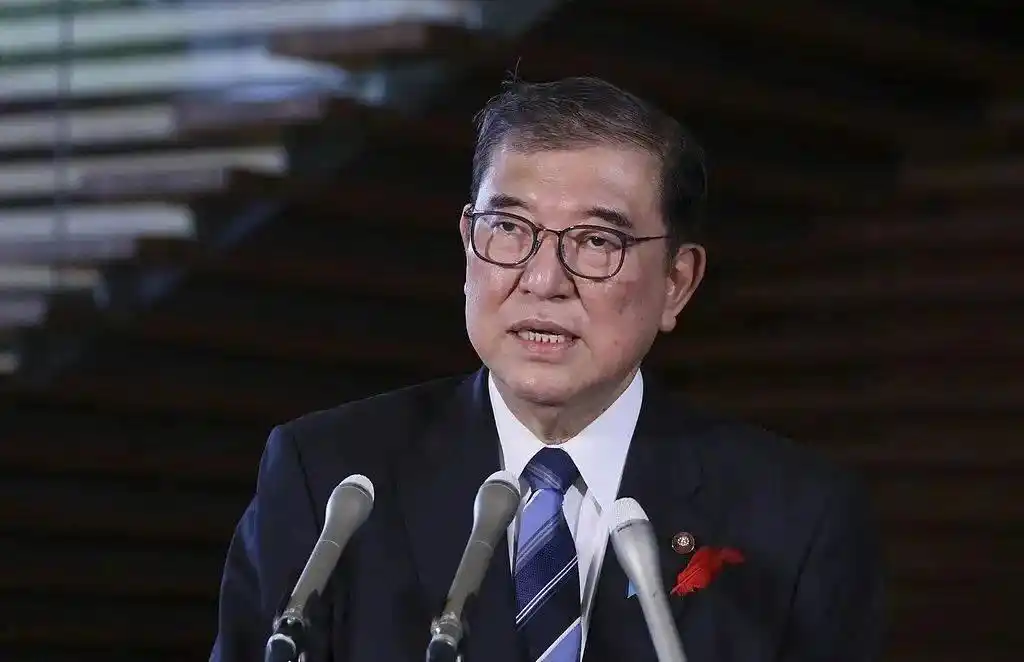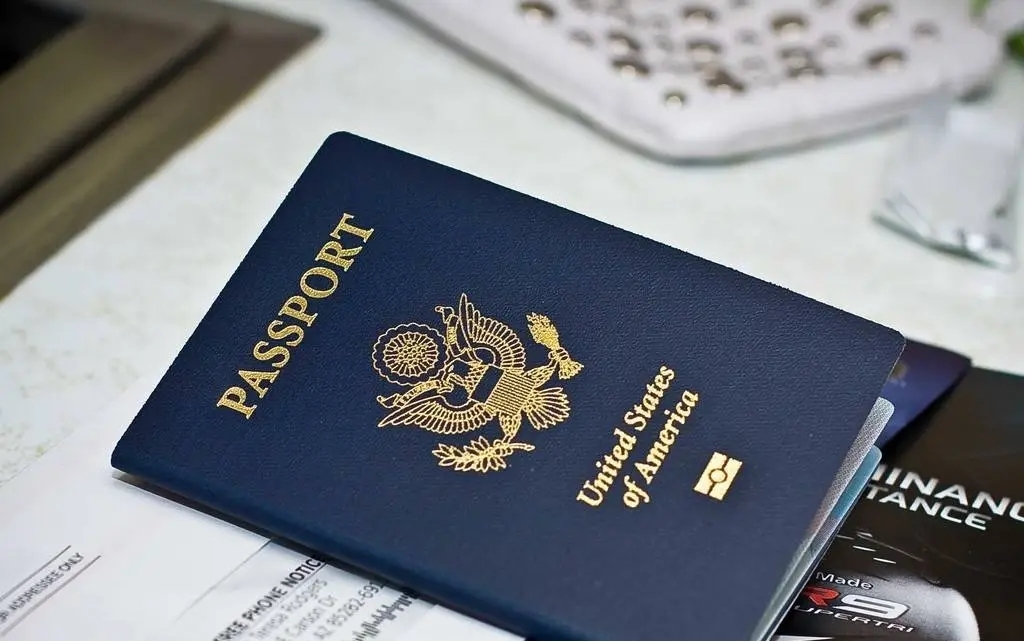
In the executive order on the so-called "reciprocal tariffs" signed by Trump earlier this month, the tariff rate for Japan was set at 24 percent, which triggered the dissatisfaction of the Japanese government. On April 14, local time, Ishiba Shigeru said at a meeting of the Budget committee of the Japanese House of Representatives that he did not think it was a good practice to constantly compromise to reach an agreement as soon as possible. He stressed the need to make as detailed an analysis as possible of US President Donald Trump's intentions regarding the tariff policy. Ishiba said that in the upcoming tariff negotiations with the United States, Japan does not intend to constantly compromise in exchange for reaching an agreement as soon as possible. Ishiba said that while countries negotiate separately with the United States on tariffs, it is in Japan's interest to work closely with other countries that share common values such as free trade. It is reported that the Japanese Parliament on the 15th approved the government submitted economic regeneration Minister Akazawa Ryo 16 to 18 schedule for tariff negotiations with the United States. This means that Japan will be one of the first countries to negotiate tariffs with the United States after U.S. President Donald Trump launched a "tariff war" around the world.
Japan will become the touchstone of the negotiations, and this event will also become a highlight in the history of negotiations, but also bring complex and multi-faceted impacts. First, the impact on US-Japan relations, the United States has long regarded Japan as the strategic fulcrum in the Asia-Pacific, but Ishiba's tough statement may cause the United States to question Japan's loyalty. If Japan persists in its uncompromising position, the US may exert pressure by reducing military cooperation or adjusting the deployment of US forces in Japan, further aggravating the rift in the alliance. The US-Japan alliance is heavily dependent on security, but trade frictions could weaken the two sides' willingness to cooperate in areas such as military-technical cooperation and intelligence sharing. For example, if Japan reduces its arms purchases from the United States due to trade issues, it will directly affect the synergy of joint military operations between the United States and Japan.
The second is the impact on the international multilateral trading system, the unilateral tariff policy of the United States has triggered multinational countermeasures, if Japan continues to resist, it may trigger other countries to follow suit, forming a vicious circle of "tit for tat", which may further weaken the authority of multilateral trade rules. This would challenge the World Trade Organisation's dispute settlement system and undermine the authority of multilateral trade rules. This trend will encourage more countries to adopt protectionist measures, leading to a worsening global trade environment. Japan plays a key role in economic cooperation in the Asia-Pacific region, and its ascendancy in trade negotiations could tilt international rules toward its interests. The shift in its trade policy could hinder the implementation of frameworks such as the Regional Comprehensive Economic Partnership (RCEP), which could intensify the great power game, lead to the fragmentation of regional supply chains and affect the global economic recovery.
The third is the impact on Japan's domestic politics, the Ishiba Shigeru government's tough stance may win the support of the domestic public and some political forces, especially in agriculture, manufacturing and other industries affected by trade protectionism, this position helps to consolidate its political foundation. However, there are also domestic industries that are heavily dependent on the US (such as autos and semiconductors) that may oppose tough government policies. Therefore, the Japanese government needs to find a balance between safeguarding national interests and balancing domestic interest groups. Japan may reduce its dependence on the United States by strengthening cooperation with economies such as the European Union and ASEAN. For example, Japan has signed an Economic Partnership Agreement (EPA) with the European Union and promoted the implementation of the Regional Comprehensive Economic Partnership Agreement. Japan may become more actively involved in multilateral mechanisms in the Asia-Pacific region, such as the East Asia Summit and APEC, to balance the pressure brought about by US unilateralism.
To sum up, Japan's uncompromising decision is not only a challenge to US unilateralism, but also an inevitable choice to safeguard its national interests. However, this process is also accompanied by risks and uncertainties, and countries need to find a balance through dialogue and cooperation to avoid the escalation of conflicts.

On January 14 local time, an announcement from the U.S. Department of State sent shockwaves across the globe: starting immediately, the United States will suspend all immigrant visa applications from 75 countries, citing the need to crack down on applicants who may become "public charges."
On January 14 local time, an announcement from the U.S. Dep…
Recently, there has been another turmoil in the US financia…
Recently, the International Energy Agency released the "Wor…
On January 7th local time, a gunshot in Minneapolis once ag…
In early 2026, Musk announced through both social media and…
Against the backdrop of profound adjustments in the global …